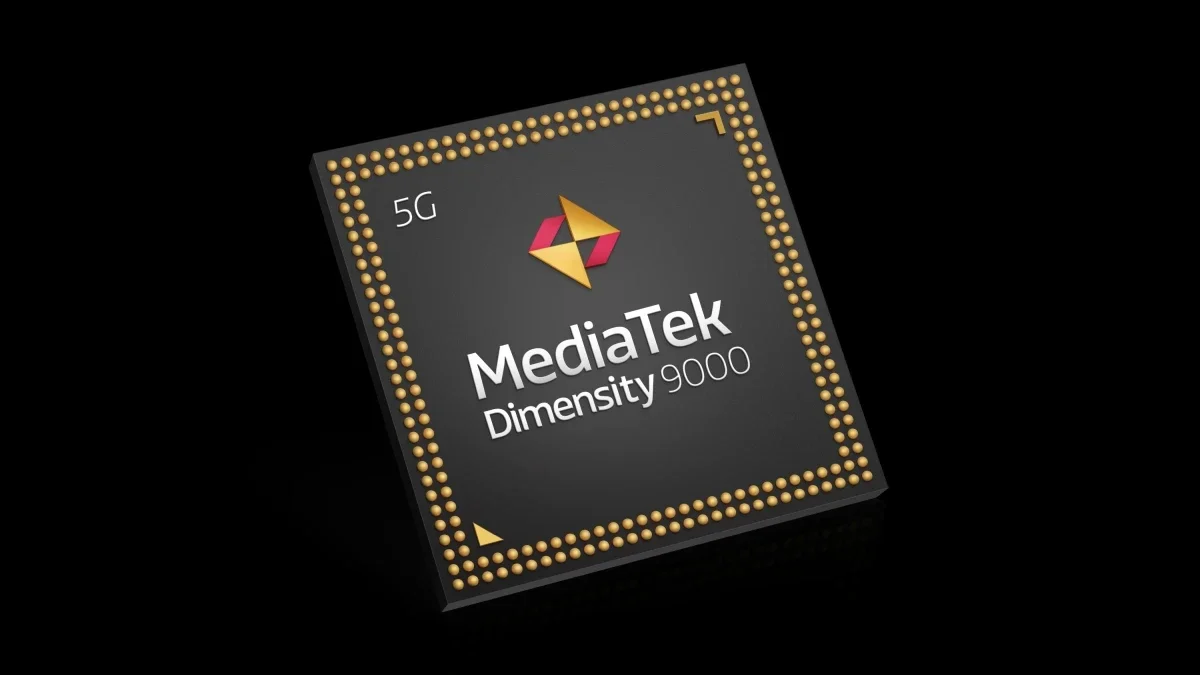Top chips for 2022's high-end Android devices are reportedly overheating

Remember that year (2015) when all anyone could talk about was the overheating Qualcomm Snapdragon 810 chipset? Because of this issue, all Samsung Galaxy S6 models were powered by Sammy's home-rolled Exynos 7420 SoC. Typically, flagship Galaxy phones in the U.S and China are equipped with that year's top-of-the-line Snapdragon chip.
Qualcomm ended up revising the chip and other Android phone manufacturers developed plans to keep the component cool without throttling performance. So why did we bring this up so many years later? Well, it seems that there are reports that three new chips that will be powering top-shelf Android phones this year, the Qualcomm Snapdragon 8 Gen 1, the MediaTek Dimensity 9000, and the Samsung Exynos 2200, are overheating.
MediaTek's chips are made by TSMC with Samsung responsible for the Snapdragon 8 Gen 1 and Exynos 2200 SoCs
The MediaTek chip is built using TSMC's 4nm process node. The Snapdragon and Exynos SoCs are being assembled by Samsung Foundry using its 4nm process node. Last month we shared a tweet from tipster Ice Universe who wrote, "On moto phones, the extreme test of Snapdragon 8 Gen1 is very hot. Please be mentally prepared, 2022 may be "HOOOT" year for Android phones."
Tested the new A510 small cores in #Snapdragon8Gen1
— Golden Reviewer (@Golden_Reviewer) December 25, 2021
Compared to the A55 in SD888:
Performance +15%
Power consumption +69%
Efficiency -33%
A710 and A510 are really not looking good https://t.co/6ttZ8bOIVP pic.twitter.com/TuVFiE0Dce
It's a good bet that the subject of that tweet was the Motorola Edge X30 which looks to be one of the first Android models to be released this year powered by the Snapdragon 8 Gen 1 chip. That chip's new Cortex-A510 core was tested by Golden Reviewer and while 15% more powerful than the Cortex-A55 cores found on the Snapdragon 888, they are 33% less efficient and power consumption on the A510 is 70% higher.
Golden Reviewer also noted that the Snapdragon 8 Gen 1's X2 core has a 15% gain in performance compared to the X1 core, but is less efficient. And the A-710 core provides the same performance as the core it replaced on the new chip, the Cortex-A78. The GPU is where the big money is at with a 50% improvement in performance and is 44% more efficient. Golden Reviewer states that the GPU on the Snapdragon 8 Gen 1 is almost as good as the GPU on Apple's A15 Bionic.
Thanks to TSMC's superior 4nm process node, the MediaTek Dimensity 9000 is believed to be more efficient than the new Snapdragon chip. And since the Exynos chip will be built using the same node as the Snapdragon 8 Gen 1, there is no reason to expect Samsung's chip to have better performance than Qualcomm's.
Working with TSMC means always playing second fiddle to Apple
Throw in the chip shortage, the usual talk about the end of Moore's Law, the continuing pandemic, and we are bound to have another hectic year in the world of semiconductors ahead of us. And some chip design firms are sure to be taking a look at how well their foundry performed. For example, if there are any issues with the Snapdragon 8 Gen 1, production of the Snapdragon 8 Gen 2 could be moved back to TSMC from Samsung Foundry.
But as every chipmaker knows, working with TSMC will always mean playing second fiddle to Apple. Intel was so unhappy about this that it sent its top executives to Taiwan to meet with TSMC to see if it could arrange to have some of the foundry's 3nm capacity earmarked for its own production. Supposedly, TSMC offered Intel production capacity at 4nm with testing done at 5nm.
At the beginning of this article, we pointed out that the MediaTek Dimensity 9000 was the one chip of the three we mentioned that is built by TSMC. The other two, the Exynos 2200 and the Snapdragon 8 Gen 1, are built by Samsung. TSMC had a huge 53% market share during the third quarter in the global semiconductor foundry market compared to the 17% slice of the pie owned by Samsung.
Follow us on Google News












Things that are NOT allowed:
To help keep our community safe and free from spam, we apply temporary limits to newly created accounts: